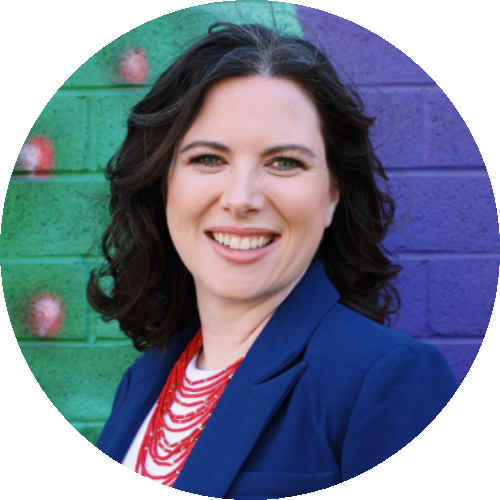Fiduciary Focus
FIDUCIARY FOCUS
The term fiduciary is a good thing to hear if you're searching for a financial advisor. If a financial advisor is a fiduciary, he or she holds a relationship of trust with a client and abides by fiduciary duty. Fiduciary duty is the ethical obligation to act solely in someone else's best interest, which in theory should minimize conflicts of interest and make a financial advisor more trustworthy.
Fiduciaries have two main duties while managing money
What Is a Fiduciary?
By definition, a fiduciary is an individual who is ethically bound to act in the client's best interest. This obligation eliminates the conflict of interest concerns and makes a fiduciary's advice more trustworthy.
The term usually refers to someone who manages assets on the behalf of an individual, a family or a company. This person might be a banker, accountant, executor, trustee, board member, financial advisor or investment professional. In theory, a fiduciary can be anyone to whom you delegate personal, legal or financial choices. In other words, it's up to you to choose wisely.
In the financial industry, an Investment Advisor Representative who is a Fiduciary has either a Series 65 or 66 license. You can check a financial advisor representative on FINRA BROKER CHECK or the SEC website.
What Is Fiduciary Duty?
Also known as fiduciary responsibility, fiduciary duty is the obligation to put someone else's interests first. This duty is not just a matter of ethics – it's a legal mandate that ensures that individuals receive the best possible financial advice. The mandate requires that fiduciaries act honestly, diligently and solely for your benefit.
Fiduciaries have two main duties while managing money
1. Duty of Care. Under this, fiduciaries are required to make informed business decisions by reviewing all of the available information about your financial life before making recommendations or plans.
2. Duty of loyalty. This refers to the requirement that a fiduciary not use their position to further their interests.
Fiduciary duty protects you. It's like the financial version of the Hippocratic oath – and it's just as important.
OUR PHILOSOPHY OF WEALTH MANAGEMENT WITH A FIDUCIARY FOCUS
WM = IC + AP + RM
Wealth Management = Investment Consulting + Advanced Planning + Relationship Management
LEARN MOREWhat is the importance of working with a Financial Professional who is Fiduciaries?
A financial advisor can help you prepare for your financial future by helping you to develop a financial plan as well as investment proposals. Since that's an important role, you may want to consider choosing a financial advisor who's bound to not only act in your best interest but also has the obligation to put your interests first.
How Do I Know If a Financial Professional Is a Fiduciary?
Ask them directly: A true fiduciary will straightforwardly affirm their role and commitment to act in your best interest.
Review their credentials and research their registration as noted above.
Request a written commitment: A fiduciary should be willing to provide a signed document that attests to their obligation to act in your best interests at all times.
- Search the SEC site
- Search FINRA Broker Check Look for an IA Designation.
How Do I Vet an Advisor?
The vetting process shouldn't end with a broker check. Once you identify potential advisors, here are the sorts of questions you should be asking to ensure that the advisor suits your needs and has minimal conflicts of interest:
- Do you have any disclosures?
- How are you compensated?
- What qualifications do you have?
- What services do you offer?
- How often are you willing to meet?
- What type of clients do you typically work with?
You should also request a copy of a financial advisor's Form ADV (SEC-filed paperwork), which provides information about an advisor's business, pay structure, educational background, potential conflicts of interest and disciplinary history. That information is also available online through the SEC's Investment Advisor Public Disclosure tool.
Tips for Finding a Financial Advisor
- Do your homework. Be sure to ask questions. Request a copy of a financial advisor's Form ADV. Take note of an advisor's fee structure, certifications, and any disclosures.
- Ask around. Word of mouth can be a useful resource. Asking friends or family members for recommendations can be a good way gauge how capable and reliable a financial advisor is.
- Look up registrations. An Advisor with multiple state registrations (especially if the states are not contiguous) can indicate that even when clients relocate they would prefer to retain that trusted advisor, rather than to find someone local. This is a good referral gauge.
Because we know this can be an overwhelming decision we are available for a complimentary meeting.

To Best Serve Our Clients, We Are Limiting
The Number of New Clients Each Month
Get Started TODAY To Ensure Availability!
For your convenience we offer appointment online scheduling 24 hours a day.
 |
 |
 |


